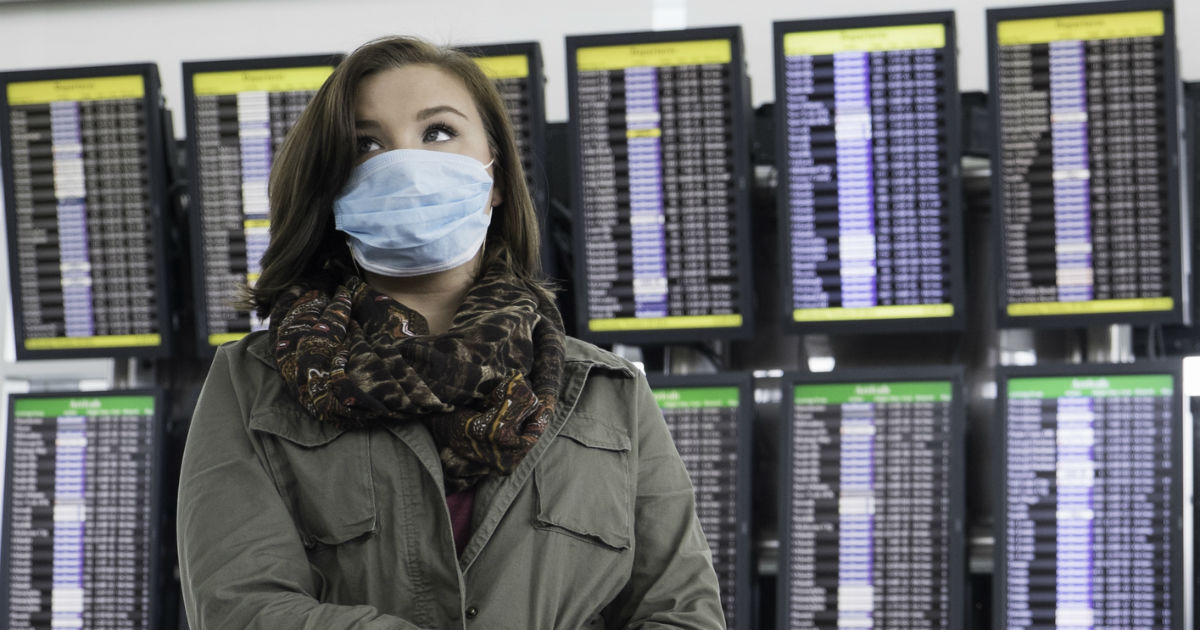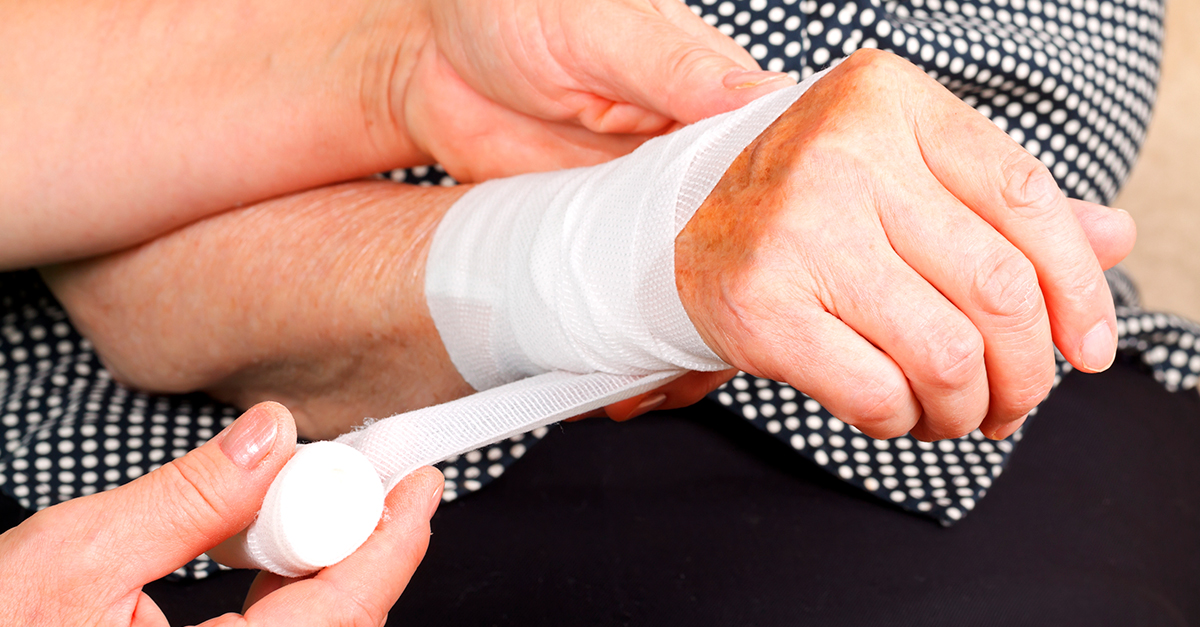
Update: The U.S. Centers for Disease Control and Prevention (CDC) now recommends everyone wear cloth face coverings in public places, such as grocery stores, where social distancing may be difficult. The CDC says these coverings may help slow the spread of COVID-19 by people who may have the virus, but are not yet exhibiting symptoms. The agency suggests making masks from old clothing or other household materials, but it does not recommend using surgical masks or N95 respirators, since those supplies are needed by health care workers.
As concern over the spread of the coronavirus increases, images from affected areas share a common theme: People are wearing surgical masks in the hopes of protecting themselves from the disease. But are surgical masks effective in preventing the spread of diseases such as COVID-19 or influenza? As with many health questions, the answer isn’t cut and dried. “The answer is still unknown with respect to coronavirus,” says Mashiul Chowdhury, MD, Director of the Infectious Disease Program at Cancer Treatment Centers of America® (CTCA). While facemasks are used to help prevent the spread of some diseases, they may offer people a false sense of security as panic over the coronavirus spreads around the globe. In fact, there are other, more effective steps you can take to protect yourself from contagious illnesses.
What’s the difference? Surgical and respirator masks
There are two main types of masks designed to help prevent the spread of germs and diseases:
Surgical masks are loose fitting and available in varying ability to protect you and others from transmitting germs. Surgical masks are designed to prevent the person wearing it from spreading saliva while keeping spit and other fluids from reaching the mouth and nose. But because surgical masks leave gaps around the nose and mouth, they are not designed to filter small airborne particles and are not effective in preventing the wearer from being exposed to germs in the air.
N95 respirator masks are outfitted with a particle filter and designed to fit snugly, leaving fewer or smaller gaps, if any, around the edges. They are intended to filter out a high percentage of airborne particles. When properly fitted, respirators are designed to offer more protection than surgical masks. N95 masks need to be properly fitted and tested. These masks are not intended to be used by children or people with facial hair. They also may make breathing more difficult for people who have respiratory issues or other medical conditions.
Both types of masks are intended to be disposal and should not be used more than once. They should be replaced immediately if damaged.
What’s the bottom line?
Surgical masks and respirators may offer some protection from spreading germs, but they do not provide a complete barrier. Cancer patients and others with compromised immune systems should talk to their doctor about if or when they should wear a mask. Also, surgical masks do not protect the eyes, which can be an entry point for infected liquids and airborne pathogens. And while there is no harm in wearing a surgical mask, Dr. Chowdhury offers other suggestions for those concerned about being exposed to a virus or other germs:
- Avoid people who are sick, or you suspect are sick.
- If you are sick, stay home and limit contact with others.
- Make sure your vaccinations are up to date.
- Wash your hands and face frequently.
- Keep your hands away from your eyes and nose.
- Cover your nose and mouth with a tissue when you cough or sneeze.
The U.S. Centers for Disease Control and Prevention (CDC) continues to update the list of symptoms COVID-19 patients may experience. Its latest update says common symptoms of the infection include a cough and shortness of breath or at least two of the following:
- Fever
- Chills
- Repeated shaking with chills
- Muscle pain
- Headache
- Sore throat
- New loss of taste or smell
If you are in active treatment and are concerned about how the COVID-19 situation may impact your care, please contact your care team.


